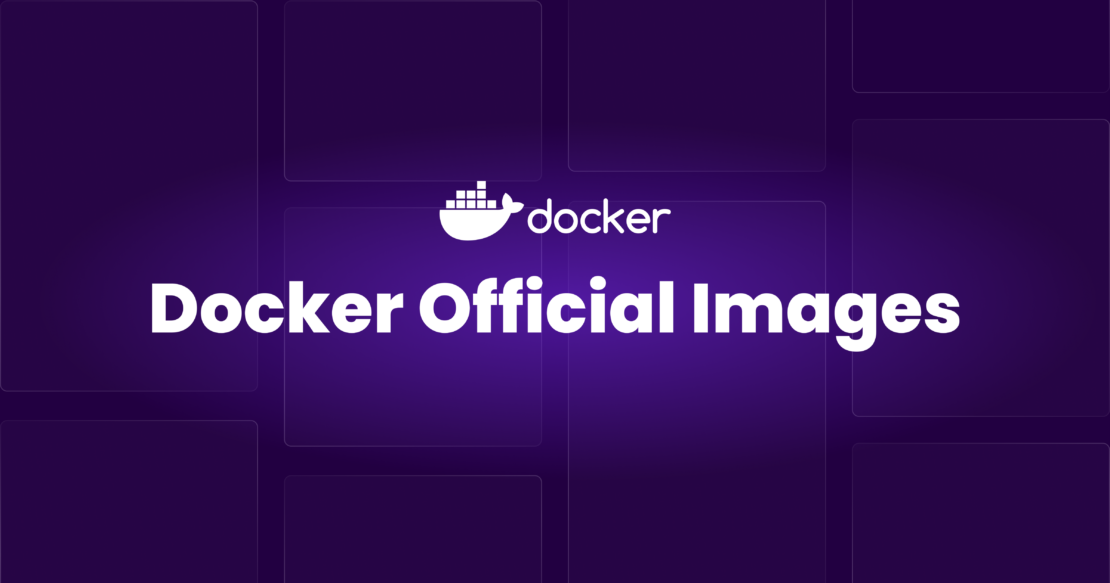As security threats become more and more prevalent, building software with security top of mind is essential. Security has become an increasing concern for container workloads specifically and, commensurately, for container base-image choice. Many conversations around choosing a secure base image focus on CVE counts, but security involves a lot more than that.
One organization that has been leading the way in secure software development is the Debian Project. In this post, I will outline how and why Debian operates as a secure basis for development.

For more than 30 years, Debian’s diverse group of volunteers has provided a free, open, stable, and secure GNU/Linux distribution. Debian’s emphasis on engineering excellence and clean design, as well as its wide variety of packages and supported architectures, have made it not only a widely used distribution in its own right but also a meta-distribution. Many other Linux distributions, such as Ubuntu, Linux Mint, and Kali Linux, are built on top of Debian, as are many Docker Official Images (DOI). In fact, more than 1,000 Docker Official Images variants use the debian DOI or the Debian-derived ubuntu DOI as their base image.
Why Debian?
As a bit of a disclaimer, I have been using Debian GNU/Linux for a long time. I remember installing Debian from floppy disks in the 1990s on a PC that I cobbled together, and later reinstalling so I could test prerelease versions of the netinst network installer. Installing over the network took a while using a 56-kbps modem. At those network speeds, you had to be very particular about which packages you chose in dselect.
Having used a few other distributions before trying Debian, I still remember being amazed by how well-organized and architected the system was. No dangling or broken dependencies. No download failures. No incompatible shared libraries. No package conflicts, but rather a thoughtful handling of packages providing similar functionality.
Much has changed over the years, no more floppies, dselect has been retired, my network connection speed has increased by a few orders of magnitude, and now I “install” Debian via docker pull debian. What has not changed is the feeling of amazement I have toward Debian and its community.
Open source software and security
Despite the achievements of the Debian project and the many other projects it has spawned, it is not without detractors. Like many other open source projects, Debian has received its share of criticsm in the past few years by opportunists lamenting the state of open source security. Writing about the software supply chain while bemoaning high-profile CVEs and pointing to malware that has been uploaded to an open source package ecosystem, such as PyPI or NPM, has become all too common.
The pernicious assumption in such articles is that open source software is the problem. We know this is not the case. We’ve been through this before. Back when I was installing Debian over a 56-kbps modem, all sorts of fear, uncertainty, and doubt (FUD) was being spread by various proprietary software vendors. We learned then that open source is not a security problem — it is a security solution.
Being open source does not automatically convey an improved security status compared to closed-source software, but it does provide significant advantages. In his Secure Programming HOWTO, David Wheeler provides a balanced summary of the relationship between open source software and security. A purported advantage conveyed by closed-source software is the nondisclosure of its source code, but we know that security through obscurity is no security at all.
The transparency of open source software and open ecosystems allows us to better know our security posture. Openness allows for the rapid identification and remediation of vulnerabilities. Openness enables the vast majority of the security and supply chain tooling that developers regularly use. How many closed-source tools regularly publish CVEs? With proprietary software, you often only find out about a vulnerability after it is too late.
Debian’s rapid response strategy
Debian has been criticized for moving too slowly on the security front. But this narrative, like the open vs. closed-source narrative, captures neither the nuance nor reality. Although several distributions wait to publish CVEs until a fixed version is available, Debian opts for complete transparency and urgency when communicating security information to its users.
Furthermore, Debian maintainers are not a mindless fleet of automatons hastily applying patches and releasing new package versions. As a rule, Debian maintainers are experts among experts, deeply steeped in software and delivery engineering, open source culture, and the software they package.
zlib vulnerability example
A recent zlib vulnerability, CVE-2023-45853, provides an insightful example of the Debian project’s diligent, thorough approach to security. Several distributions grabbed a patch for the vulnerability, applied it, rebuilt, packaged, and released a new zlib package. The Debian security community took a closer look.
As mentioned in the CVE summary, the vulnerability was in minizip, which is a utility under the contrib directory of the zlib source code. No minizip source files are compiled into the zlib library, libz. As such, this vulnerability did not actually affect any zlib packages.
If that were where the story had ended, the only harm would be in updating a package unnecessarily. But the story did not end there. As detailed in the Debian bug thread, the offending minizip code was copied (i.e., vendored) and used in a lot of other widely used software. In fact, the vendored minizip code in both Chromium and Node.js was patched about a month before the zlib CVE was even published.
Unfortunately, other commonly used software packages also had vendored copies of minizip that were still vulnerable. Thanks to the diligence of the Debian project, either the patch was applied to those projects as well, or they were compiled against the patched system minizip (not zlib!) dev package rather than the vendored version. In other distributions, those buggy vendored copies are in some cases still being compiled into software packages, with nary a mention in any CVE.
Thinking beyond CVEs
In the past 30 years, we have seen an astronomical increase in the role open source software plays in the tech industry. Despite the productivity gains that software engineers get by leveraging the massive amount of high-quality open source software available, we are once again hearing the same FUD we heard in the early days of open source.
The next time you see an article about the dangers lurking in your open source dependencies, don’t be afraid to look past the headlines and question the assumptions. Open ecosystems lead to secure software, and the Debian project provides a model we would all do well to emulate. Debian’s goal is security, which encompasses a lot more than a report showing zero CVEs. Consumers of operating systems and container images would be wise to understand the difference.
So go ahead and build on top of the debian DOI. FROM debian is never a bad way to start a Dockerfile!
Learn more
- Find the Debian Official Image on Docker Hub.
- Read From Misconceptions to Mastery: Enhancing Security and Transparency with Docker Official Images.
- Visit Docker Hub to find more Docker Official Images.
- Find the Debian DOI on GitHub.
- Learn more about Docker Hub.
- Secure your images with Docker Scout.
- Subscribe to the Docker Newsletter.
